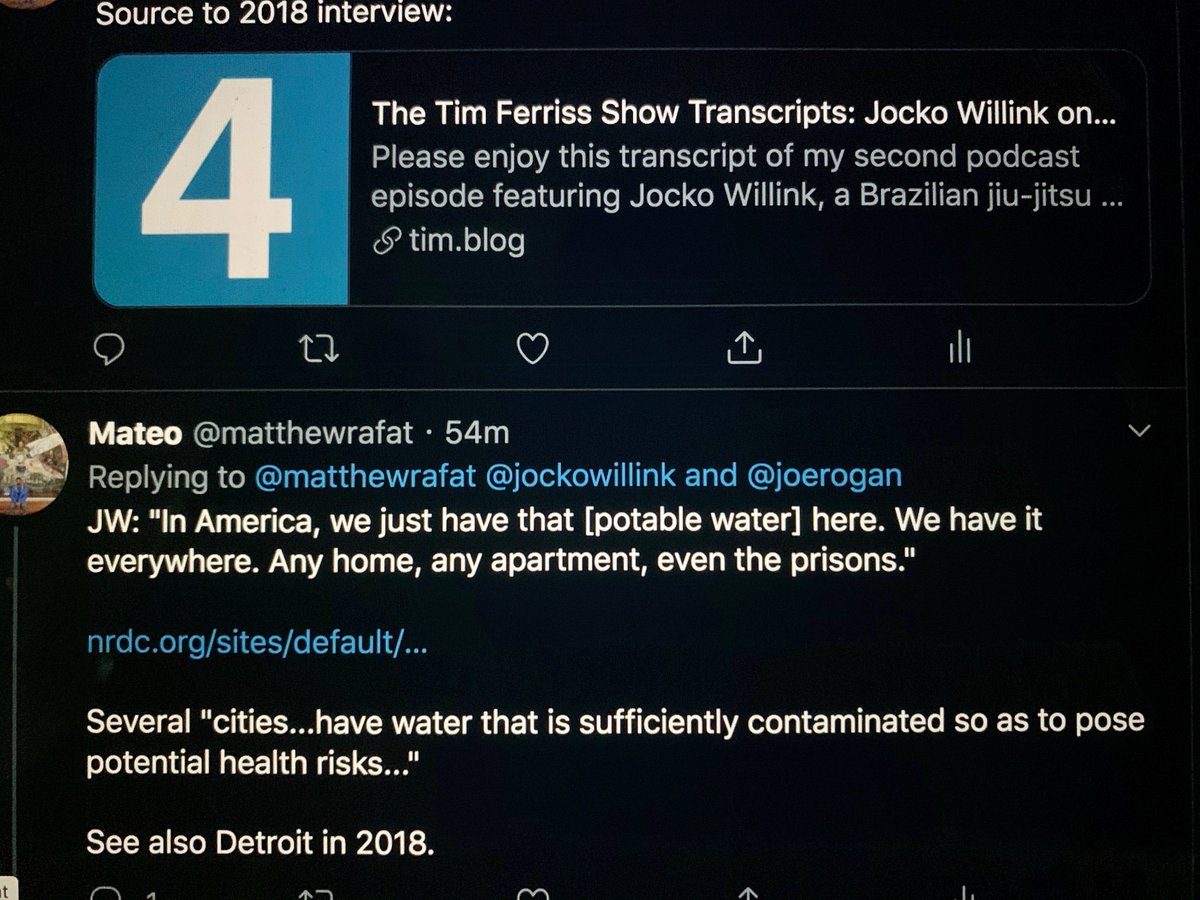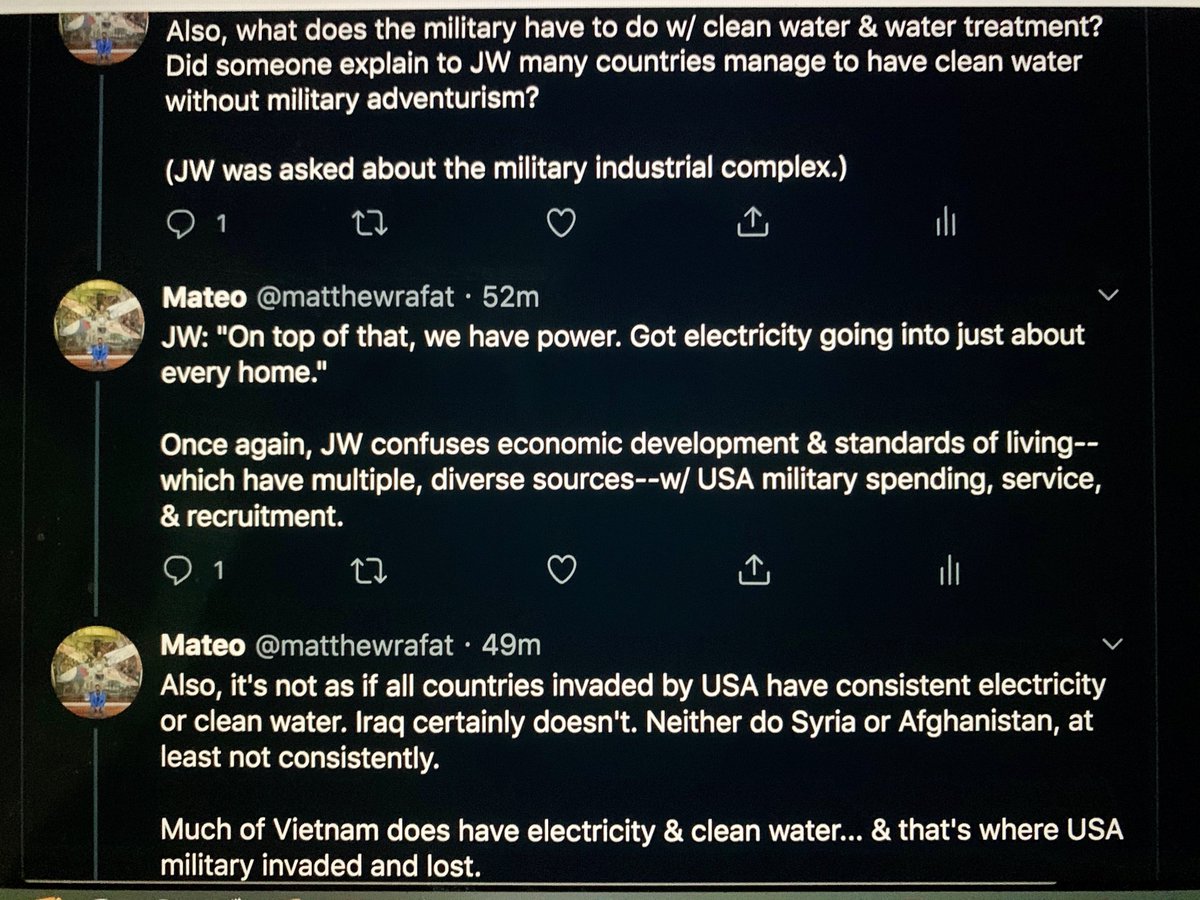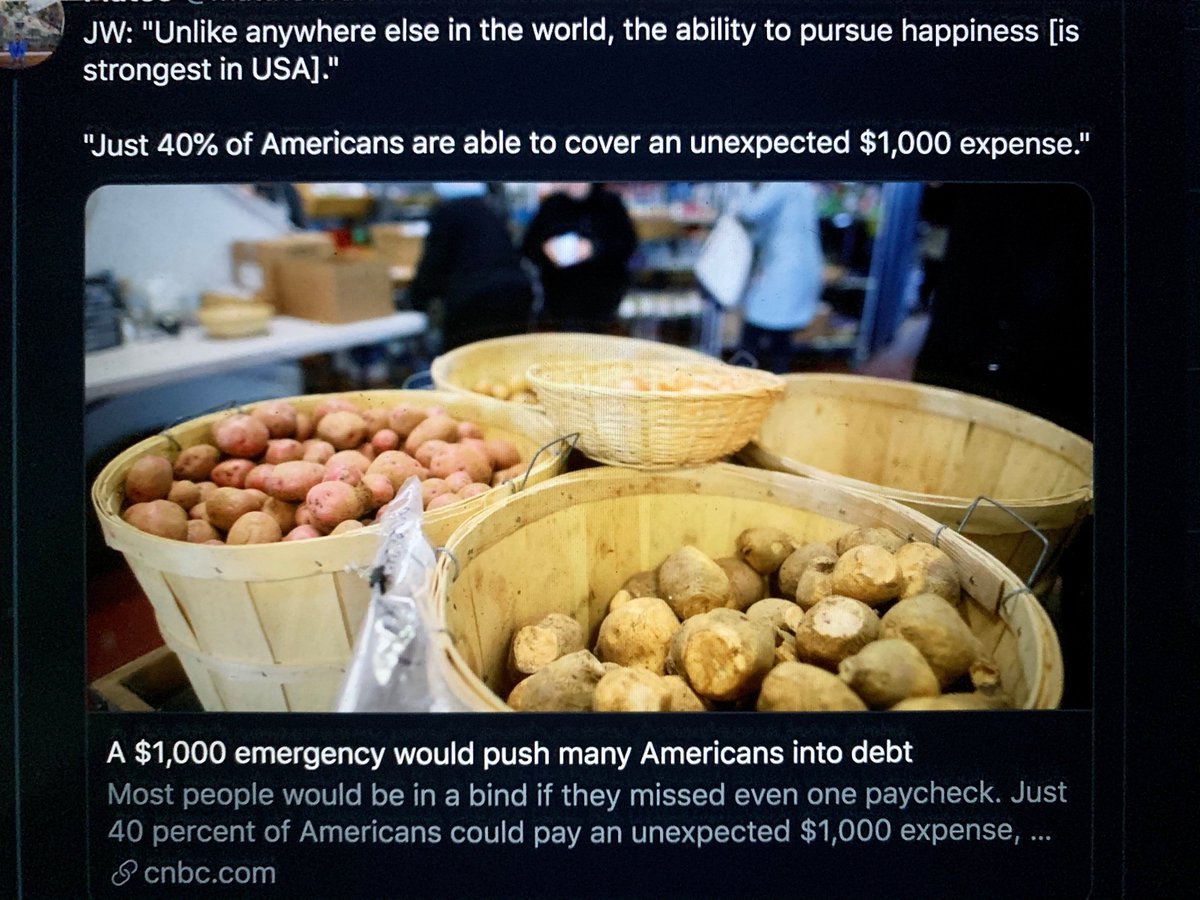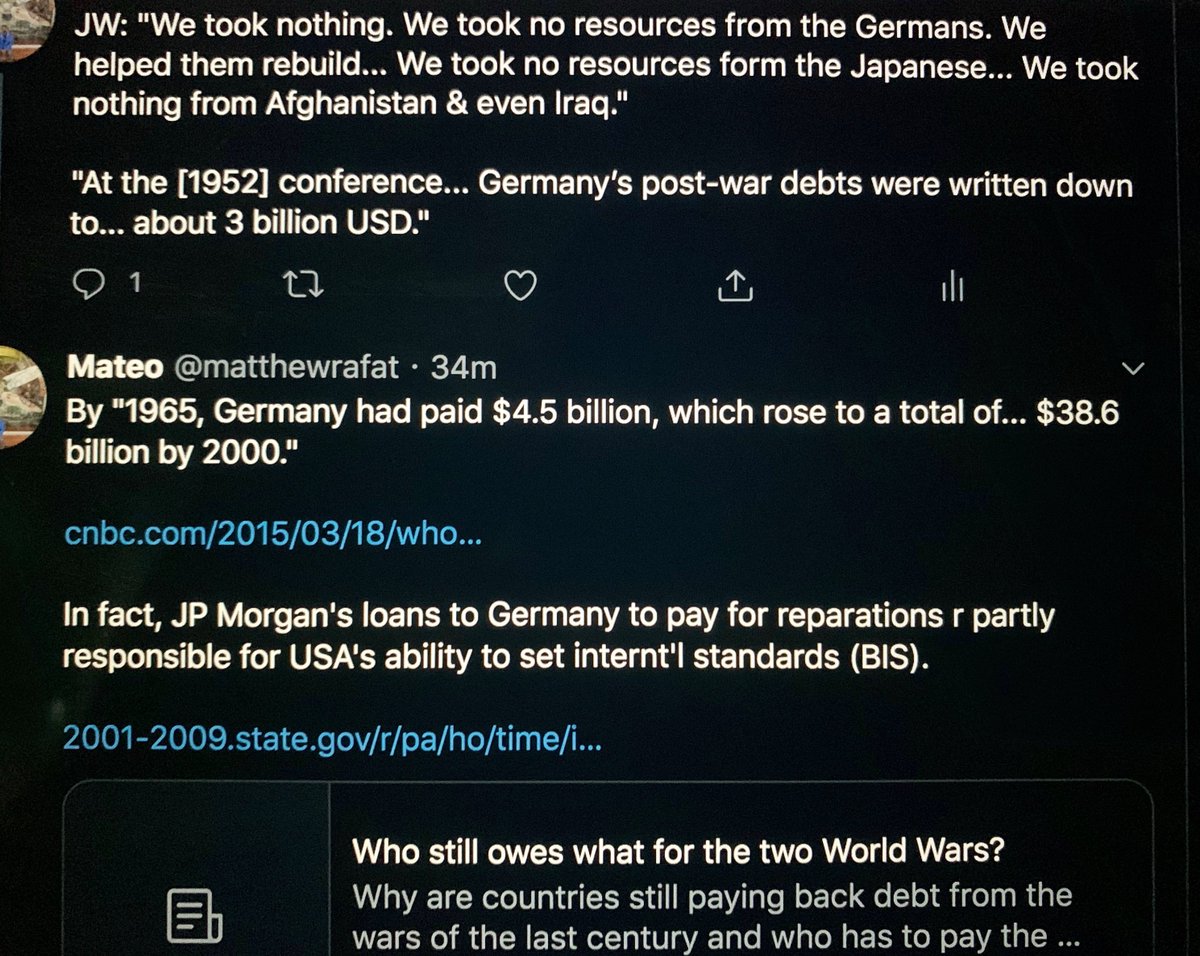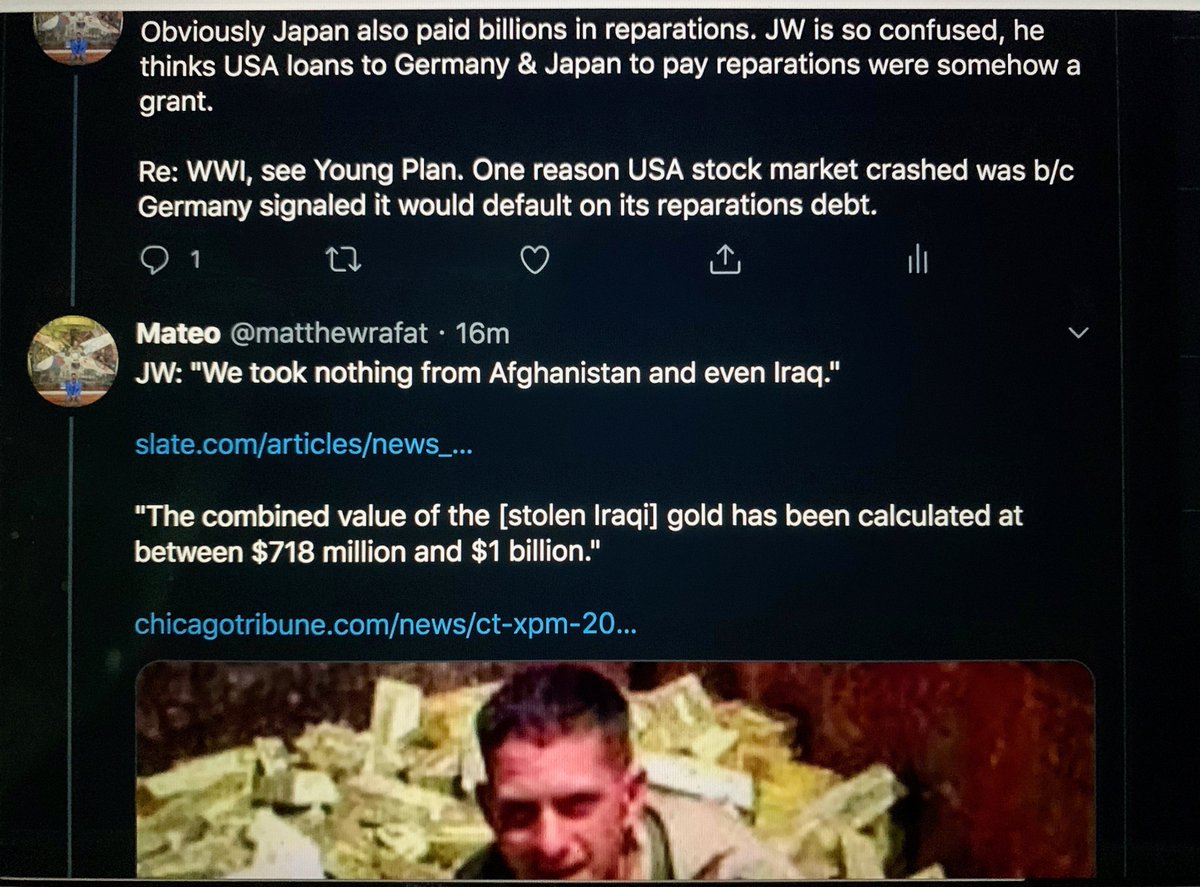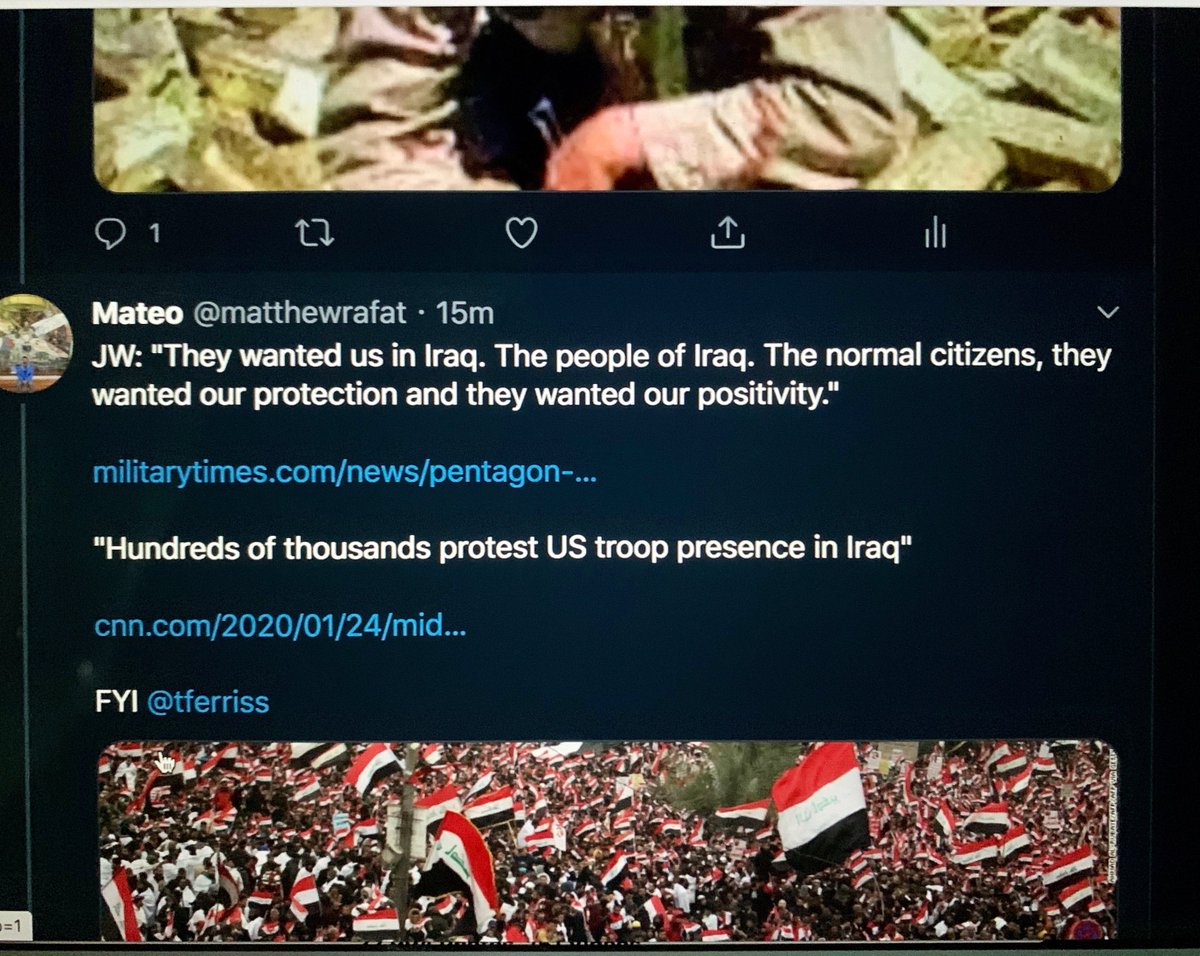While reading Supreme Court Justice William Douglas's The Anatomy of Liberty, I was struck by the little progress we've made since 1963. Almost sixty years later, American politicians, judges, and lawyers have made a liar out of Justice Douglas, who used his book to explain America's legal and political system to the rest of the world.

I won't belabor you with exact quotes proven overly optimistic; it serves us better to understand differences between then and now. First and foremost, the spectre of nuclear extermination loomed larger for earlier generations. Students today read about WWII in history books, but Douglas lived Hiroshima and Nagasaki as real-time events. Like many of his peers, he realized nuclear proliferation meant every country in the world--including his own--was in danger. Regarding his generation's realization of foreseeable injury, Douglas wrote, "Whatever all the reasons may be, we walk the brink every hour of every day." (pp. 114)
Such fear--based on a reasonable assumption of ever-increasing risk--left politicians with no choice but to cooperate--at least so Douglas thought: "Now the sheer necessity to avoid the nuclear holocaust makes it necessary for us to build unity in common goals of an international character." (pp. 107) Douglas firmly believed technology's destructive potential would require greater cooperation, and he was not alone. One of Diego Rivera's most striking murals, "Man, Controller of the Universe," places the nuclear atom at the center with Vladimir Ilyich Ulyanov observing.

Mexico's Rivera believed scientific mastery of nature would lead to less drudgery for workers, creating a world without exploitation in which (socialist) governments would favor cooperation. Examples abound of intellectuals linking technology with greater collaboration out of necessity or natural progression; yet, as I sit in a Mexico City hotel in December 2020, it appears time has made fools of them all.
Douglas was a libertarian and Rivera a socialist, but despite contrasting political views, both men took it for granted that by 2020--if not earlier--cross-country cooperation would be optimized in favor of peace. By 1984, however, millions sang along to Alphaville's "Forever Young,"expressing a desire to stay childlike so as to avoid contemplating nuclear war. (In one performance, the lead singer salutes military-style during the lyrics, "Are you gonna drop the bomb or not?") If the Soviet-American conflict was caused by Western powers failing to include the also-WWII-victorious Russians within NATO, thus splitting the world in two spheres, by 1991, optimism emerged as the Soviet Union's economic fall produced a unipolar world. The very next year, Yoshihiro Francis Fukuyama, an American-born Harvard political scientist, authored The End of History and the Last Man (1992), declaring Western values the endpoint of human cultural evolution.
Time humbles us all, and in 2020, no reasonable person believes Western values or Western politics are universally appealing or even workable. The only inevitability accepted is the rise of The People's Republic of China, which has been quietly promoting a post-colonization, de-Westernized world after its 1950 invasion of Tibet to secure freshwater reserves. And so, despite Douglas's and Rivera's exhortations, we are experiencing déjà vu, where the threat of nuclear extermination continues but with different players using international institutions to gain advantages within increasingly splintered financial, technological, and content-distribution systems. In the past, only two hostile superpowers were in contention, which allowed us to focus on specific problems emanating from their friction. Today, the rise of regional powers asserting themselves will either destroy the idea of universal values and thus prospects for consensus, or make us yearn again for the greater simplicity of a bipolar world.
And what of global cooperation? Sadly, except for the decade between 1991 and 2001, the picture looks bleak. Our current COVID19 pandemic is producing vastly different domestic outcomes and thus increased inequality and potential conflict. Furthermore, as most individuals worldwide suffer from economic uncertainty and greater dependence on governmental action, entities with the most secure digital infrastructure have gained influence while exposing globalization's indigestion of multiple technological standards. The old adage,"He who has the gold (and the military to protect it) makes the rules," has seemingly morphed into "That which provides your digital experience (and the best online security) is crucial to economic dominance and therefore unregulatable." As for diplomacy, I remember studying South China Sea maritime issues at Singapore's National University in 2001. Two decades later, the same issues exist, meaning exporting countries have been unable to resolve something as straightforward as shipping routes. I suppose I do not need to tell you that more countries possess nuclear weapons than ever before.
Perhaps global cooperation was doomed once governments used digital backdoors to spy on allies and competitors while private corporations tracked consumer behavior in order to maximize profits. Human beings may be willing to sacrifice some privacy for greater security, but a paradigm in which governments and corporations conceal technological vulnerabilities in order to peddle propaganda and gather data cannot succeed. As our earlier generation's worst fears are realized, their words might be heard asking for whom the bell tolls:
[T]oday the young writer's characters must function not in individuality but in isolation, not to pursue in myriad company the anguishes and hopes of all human hearts in a world of a few simple, comprehensible truths and moral principles, but to exist alone inside a vacuum of facts which he did not choose and cannot cope with and cannot escape from like a fly inside an inverted tumbler. -- William Faulkner (1958)
A world lacking integrity or diplomacy necessarily reverts to "might makes right," which carries all the burrs and hooks one ought to expect. Listen to Douglas's prescient warning:
So apart from the problems of nuclear war, disarmament is the world's number one concern... For it is only through disarmament that war can be prevented and adequate resources released for raising the world's standard of living. Prevention of war may be well-nigh impossible if the race to get bigger and better stockpiles of bombs continues...
The vast gulfs that exist between various world cultures mean that the common ground will be narrow and selective... [and] only limited areas where a common ground can be found. Yet they are important, indeed critical, ones; and they will expand as the peoples of the world work with their newly emerging institutions and gain confidence in them... The problem of survival is to widen [currently limited] areas of consensus [aka the basis of law].
Pray tell, which institutions do the people of the world agree deserve our confidence? Can most people within a single country point to a single institution they wholly trust? Here I must quote Faulkner again:
[There is a] belief that there is no place anymore where individual man can speak quietly to individual man of such simple things as honesty to oneself and responsibility toward others and protection for the weak and compassion and pity for all, because such individual things as honesty and pity and responsibility and compassion no longer exist, and man himself can hope to continue only by relinquishing and denying his individuality into a regimented group of his arbitrary, factional kind, arrayed against an opposite opposed arbitrary, factional, regimented group, both filling the same air at the same time with the same double-barreled abstractions of "peoples' democracy" and "minority rights" and "equal justice" and "social welfare"—all the synonyms which take all the shame out of irresponsibility by not merely inviting but even compelling everyone to participate in it.
That was 1958. Take a look at this sign in my hotel's restaurant:
We don't need to know Spanish to know the intent of the sign-maker, nor the fact that it is easier to make a sign than to effectuate its lofty goals. I don't doubt this particular hotel sincerely believes in anti-discrimination, but it happens to be located in the most affluent district in the entire country, a country with vast income inequality, which is precisely why it is so confident signaling progressive values--and precisely why it shouldn't be. Rather than providing optimism based on greater understanding of each other, globalization's benefits have covered up cracks in the human dynamic, cracks most of us know are bound to swallow us whole unless seen and fixed. Are good intentions all we have to offer Donne, Faulkner, and Douglas? If so, then we have failed, and we don't deserve to survive and probably won't.
© Matthew Mehdi Rafat (December 2020)
“The Constitution is paper. The bayonet is steel.” -- Haitian proverb
Bonus: "When will we and the Russians (not to mention the Chinese) awaken to the realization that each can no longer go it alone, that, like it or not, we are in the same fragile boat and desperately interdependent?" -- William O. Douglas (1963), pp. 123-4
"Today all humanity is tied irrevocably together in an effort to escape the nuclear holocaust, to survive, to make technology the servant." -- William O. Douglas (1963), pp. 167


